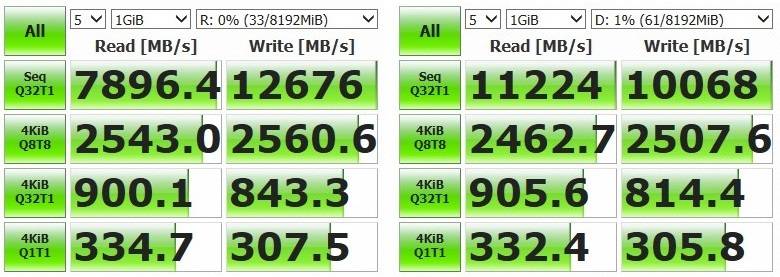

I hadn't noticed any slowdown until yesterday at the end of the day when I was doing a lot of search/replace on an OmegaT project that had a lot of source files in it at a certain point the search/replace process did seem to be slowing down noticeably. However: I've been playing around with a couple of CAT tools these past few days (OmegaT and CafeTran) whilst running a lot of other applications at the same time. I would have thought that this would only be an issue if you didn't have enough physical RAM installed on your computer - and that the solution would be to install more RAM. I'm surprised to hear that some (but not all) CAT tools seem to read/write so much to the hard drive. Wow - a RAM disk - that takes me back to the 1990s, when computers were not what they are now, and I created a RAM disk to try and make things go faster. I'm not sure how MemoQ, Trados, WFP3/5 etc. OmegaT, for example, reads all TMs into memory anyway, whereas WFC reads the TMs whenver it moves to the next segment. But different CAT tools work differently. And obviously there is a risk of crashes. I was thinking about copying TMs and glossaries to the RAM disk (although one has to remember to add newly translated segments to the non-volatile copies of one's TMs etc. I'm was wondering if any of you have any experience in how CAT tools can be made faster with a RAM disk.


 0 kommentar(er)
0 kommentar(er)
